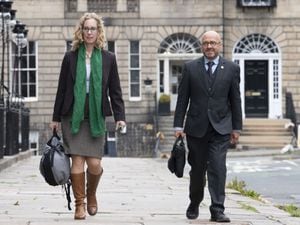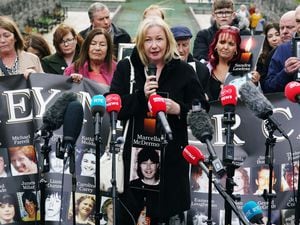Russia ‘flexing muscles’ in UK backyard, warns defence chief
General Sir Nick Carter said Russia had sent warships and planes to waters off the coasts of Britain and Ireland earlier this month.
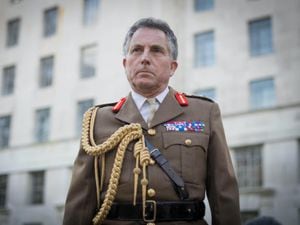
Russia has been “flexing their muscles” in the UK’s backyard in a way not seen since the Cold War, the Chief of the Defence Staff has said.
Delivering his Royal United Services Institute Christmas lecture, General Sir Nick Carter said Moscow wanted to test Britain and the Nato allies as the regime was reacting to problems with its neighbours.
The head of the British Armed Forces said: “They are wrestling with their own sense of imperial overstretch as their ‘near abroad’ becomes increasingly restive.
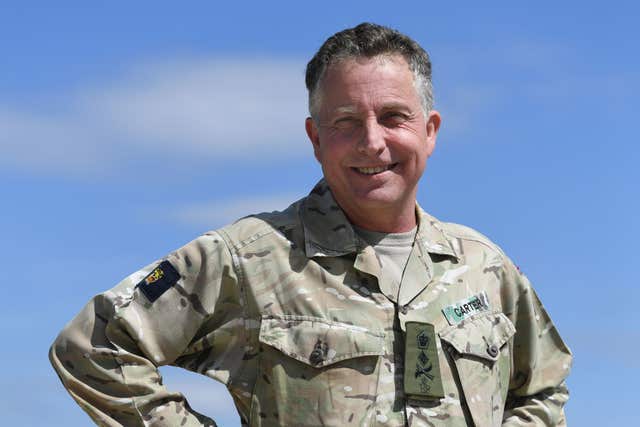
“The week before last, Russia assembled 10 or so warships and combat aircraft from the northern Baltic and Black Sea fleets in a show of force in the waters off the British and Irish coasts.
“They are flexing their muscles in our own backyard with an ostentation that they’ve not displayed since the Cold War.
“Deterring these threats, signalling to the Russian regime that we shall not tamely acquiesce should they escalate, requires conventional hard power, warships and aircraft, as well as less conventional capabilities like cyber.”
Sir Nick said it also required Britain to maintain strong relations with allies, such as Nato.
Later in his speech, he talked about the importance of cyber warfare in modern combat.
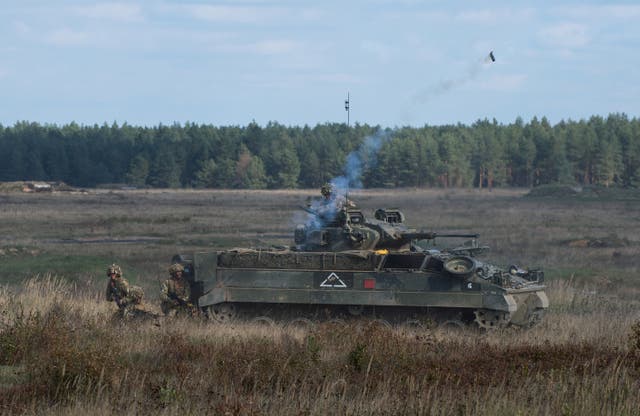
But the general, who has served in Bosnia, Iraq and Afghanistan, added: “Throughout, we must recognise that the nature of war doesn’t change.
“It’s always about violence, guts, people.
“When you are up against a determined opponent on the battlefield, you have to go close and personal with your enemy.
“I am afraid it’s too early to plot the demise of the tank.”
The 61-year-old, who joined the Army in 1977, said the world was changing more quickly than ever before, but he was convinced the forces could adapt.
In his online lecture, he said: “We shall surprise and perhaps dismay some people who expect us now, as sometimes in the past, to be preparing to fight the last war.
“Our business is instead with the next one and with arming, training and equipping ourselves to fight, if we must, but better still to convince our prospective adversaries that the game is simply not worth the candle.”




